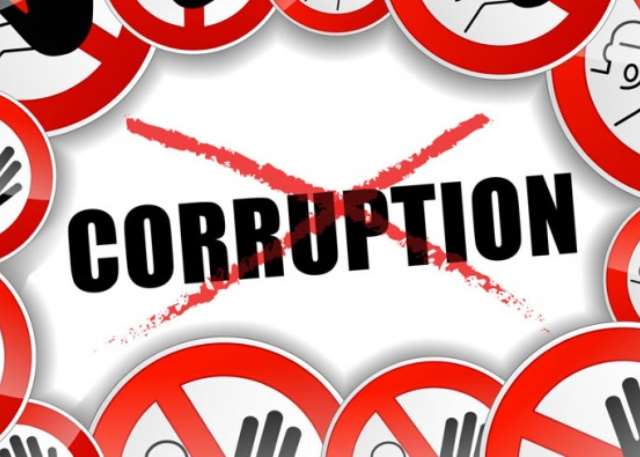Ghana’s fight against corruption has encountered a setback, as revealed by the 2024 Corruption Perceptions Index (CPI) released by Transparency International. The country’s score declined to 42 out of 100, a one-point drop from the previous year and the first regression in five years. This decline raises significant concerns about the effectiveness of anti-corruption initiatives and the overall state of governance in the country. Ghana’s current ranking places it 80th globally among 180 countries and 11th within Sub-Saharan Africa, tied with Albania. While this position maintains a lead over some regional counterparts like Burkina Faso, South Africa, and Tanzania, it falls considerably short of the progress demonstrated by leading nations such as Seychelles, Cabo Verde, and Botswana, highlighting the need for more robust and effective anti-corruption strategies in Ghana.
The CPI score not only reflects the current state of corruption perception but also reveals a concerning trend of stagnation in Ghana’s anti-corruption efforts over the past decade. Since 2015, the country has witnessed a five-point decline in its CPI score, indicating a persistent challenge in tackling corruption despite various policy interventions and institutional reforms. This long-term trend underscores the deep-rooted nature of corruption within the country’s systems and the urgent need for more impactful and sustainable solutions. The consistent decline in the CPI score signifies a failure to effectively address the underlying causes of corruption and highlights the need for a comprehensive reassessment of existing anti-corruption strategies.
Transparency International emphasizes the broader implications of corruption, extending beyond developmental setbacks to encompass the erosion of democratic principles, political instability, and human rights violations. This broader perspective positions corruption not merely as a financial or governance issue but as a fundamental threat to societal well-being and stability. The interconnectedness of corruption with democratic decline and human rights abuses necessitates a multi-faceted approach to combating corruption, one that addresses not only its immediate manifestations but also its systemic roots.
The 2024 CPI report further highlights the dangerous nexus between corruption and environmental degradation. Corrupt practices, particularly within resource-rich sectors like mining, often undermine environmental protection efforts and contribute to ecological damage. In Ghana, corruption linked to mining licenses has resulted in the destruction of vital forests and water bodies, jeopardizing both environmental sustainability and the livelihoods of communities dependent on these resources. The report cites a specific incident involving an attack on journalists investigating illegal mining activities, illustrating the risks faced by those who attempt to expose corruption and its environmental consequences.
The Ghana Integrity Initiative (GII), in response to the worsening corruption perception, has proposed a series of recommendations aimed at strengthening the country’s anti-corruption framework. These recommendations focus on enhancing accountability, improving institutional capacity, and protecting those who expose corrupt practices. Key proposals include strengthening parliamentary oversight through robust financial accountability mechanisms, establishing a specialized anti-corruption court to expedite the prosecution of corruption cases modeled after Tanzania’s successful approach, and implementing merit-based appointments within the public sector to eliminate political interference and promote professionalism.
Furthermore, the GII emphasizes the importance of protecting whistleblowers and journalists who play a crucial role in uncovering and reporting corruption. Creating a safe and enabling environment for these individuals is essential for ensuring transparency and accountability. Finally, the GII calls for the passage of crucial anti-corruption legislation, specifically the Conduct of Public Officers’ Bill and the Internal Audit Agency Bill, to provide a stronger legal framework for combating corruption and enhancing the effectiveness of anti-corruption institutions. These comprehensive recommendations, if implemented effectively, could significantly contribute to improving Ghana’s performance in the CPI and fostering a more transparent and accountable governance system.














